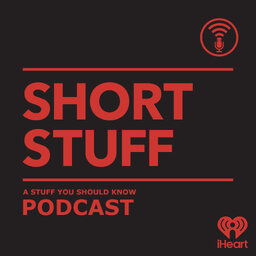We Need More Sustainable Packaging, Like, Yesterday
Since the advent of single-use plastics, we’ve become awash in waste. Barrels of petroleum are extracted, turned into plastics that contain products, which are then opened and the containers thrown away. It’s a bonehead process start to finish.
 Stuff You Should Know
Stuff You Should Know


